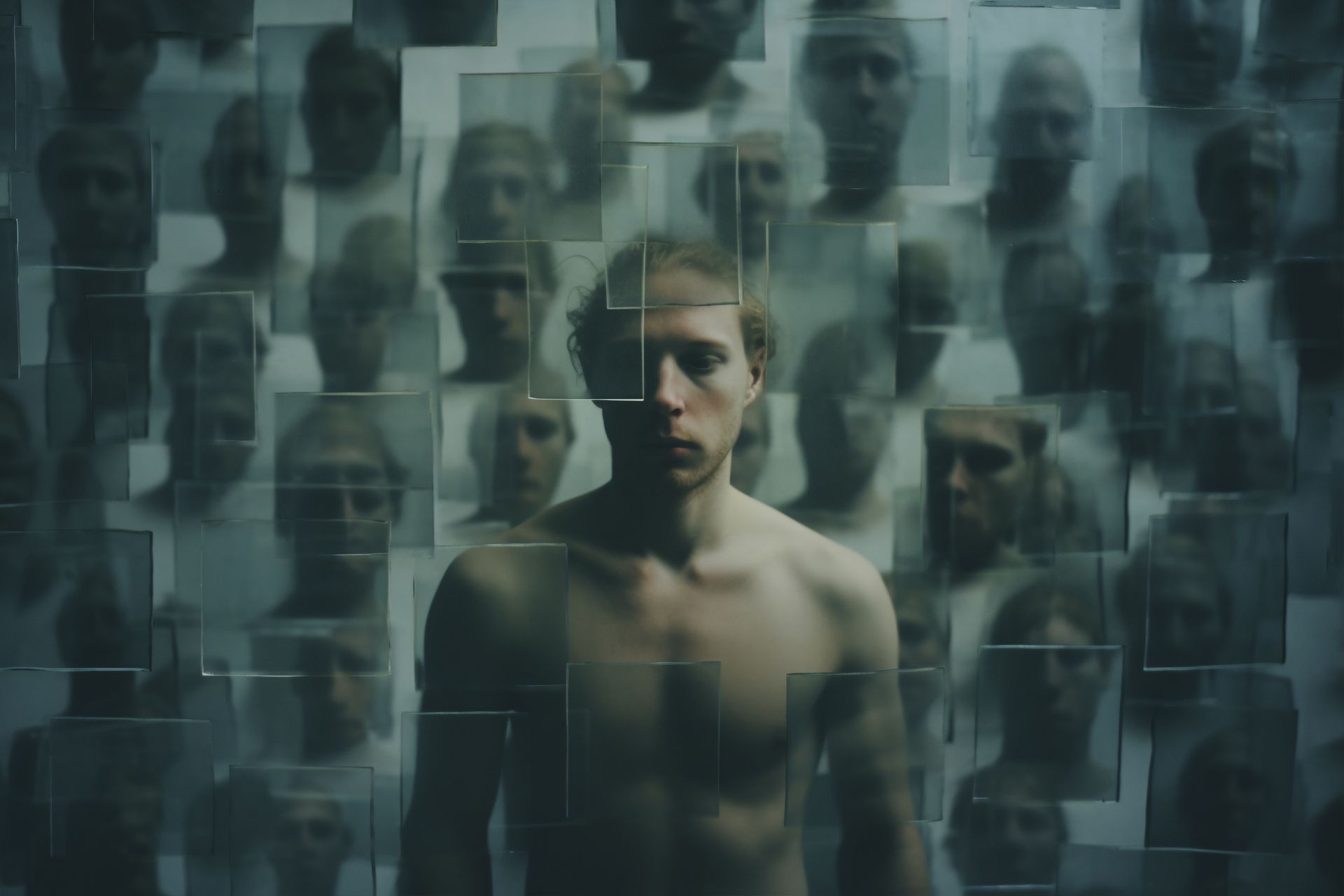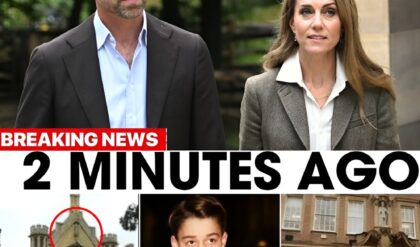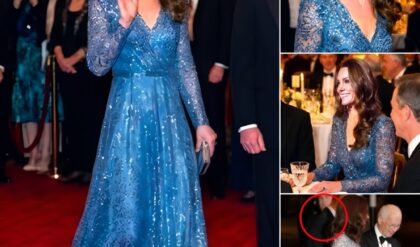Deepfake technology has been increasingly used to target celebrities for various malicious purposes.
The recent Megan Thee Stallion AI video scandal, which left the rapper emotionally distraught during a concert performance, serves as yet another stark reminder of the escalating dangers of deepfake technology. As artificial intelligence continues to advance at an unprecedented rate, so too does the potential for misuse, with deepfakes becoming increasingly sophisticated and difficult to distinguish from authentic content.
In the case of Megan Thee Stallion, an AI-generated explicit video featuring her likeness circulated online, causing significant distress and prompting a wave of online harassment.
The rapper bravely addressed the issue during her Hot Girl Summer tour, breaking down in tears as she denounced the perpetrators and their malicious intent.

Megan Thee Stallion AI video is just one of many
This incident is far from isolated. Numerous celebrities have fallen victim to deepfake technology, with AI-generated images and videos often used to spread misinformation, defame reputations, or even fuel harassment campaigns. Bobbi Althoff, for example, faced a similar ordeal when an explicit deepfake image surfaced on social media, prompting swift action from the platform to remove the content.
The Megan Thee Stallion AI video got a response from the successful rapper with the following words on her X account, @theestallion:
In the wake of the Megan Thee Stallion AI video scandal, there have been calls for stricter legal frameworks to address the creation and distribution of deepfakes. Some experts advocate for making the creation of non-consensual deepfakes a criminal offense, while others propose developing technological solutions to detect and flag such content, just like how TikTok does.
Are deepfakes illegal?
The legality of deepfakes is a complex and evolving issue that varies by jurisdiction and the context in which the technology is used. Deepfakes, which involve using artificial intelligence to create realistic but fake images, videos, or audio recordings of people, can be employed for a wide range of purposes, both benign and malicious.
1. Understanding deepfakes
Deepfakes use advanced AI techniques, particularly deep learning, to manipulate or generate audio, visual, and video content and that’s how the Megan Thee Stallion AI video was generated. While the technology can be used for creative and educational purposes, it has also been associated with more nefarious activities, such as misinformation, defamation, and non-consensual pornography.
2. General legal framework
The legality of deepfakes largely depends on how and for what purpose they are used. There are several key areas where deepfakes intersect with the law:
Defamation and misinformation: If a deepfake is used to create content that harms a person’s reputation by presenting false information as true, it can be subject to defamation laws.
Privacy violations: Creating and distributing deepfake content without the subject’s consent, particularly if it involves sensitive or private information, can lead to privacy violations.
Non-consensual pornography: Deepfakes have been notoriously used to create explicit content without the consent of the person depicted. This is often illegal and can be prosecuted under laws against revenge porn and other forms of sexual exploitation.
3. Legislation in different jurisdictions
United States: Some states have enacted specific laws addressing deepfakes. For instance, California and Texas have laws that make it illegal to create or distribute deepfake videos that could interfere with elections or to create non-consensual pornographic deepfakes.
European Union: The EU has strict privacy laws under the General Data Protection Regulation (GDPR), which can be applied to deepfakes. Unauthorized use of someone’s likeness can result in significant fines.
China: In 2019, China introduced regulations that require deepfake content to be clearly labeled as such, aiming to curb misinformation and protect the public.

4. Challenges in regulation
Regulating deepfakes presents several challenges:
Detection: Identifying deepfakes can be technically challenging, and staying ahead of increasingly sophisticated techniques requires constant innovation.
Free speech: Laws against deepfakes must balance the need to prevent harm with the protection of free speech. Overly broad regulations could stifle legitimate expression.
Jurisdiction: The internet’s global nature means deepfake content created in one country can easily spread to another, complicating enforcement of local laws.
5. Examples of legal cases
There have been several high-profile legal cases involving deepfakes:
Revenge porn: Victims of non-consensual deepfake pornography have successfully sued creators and distributors under existing revenge porn and harassment laws and that might just be the case with Megan Thee Stallion AI video.
Political manipulation: There have been instances where deepfake technology was used to manipulate political outcomes, leading to calls for stricter regulations in various countries.
An issue that is simply undeniable
Regardless of the specific approach, it is clear that action must be taken to mitigate the risks associated with deepfake technology. This includes educating the public about the dangers of deepfakes, raising awareness about the potential for misuse, and promoting responsible AI development practices.
The Megan Thee Stallion AI video serves as a wake-up call for the entertainment industry, social media platforms, and policymakers alike. The time to act is now, before the damage caused by deepfakes becomes irreparable. By working together to address this issue, we can ensure that AI technology is used for good, rather than as a tool for exploitation and harm.





